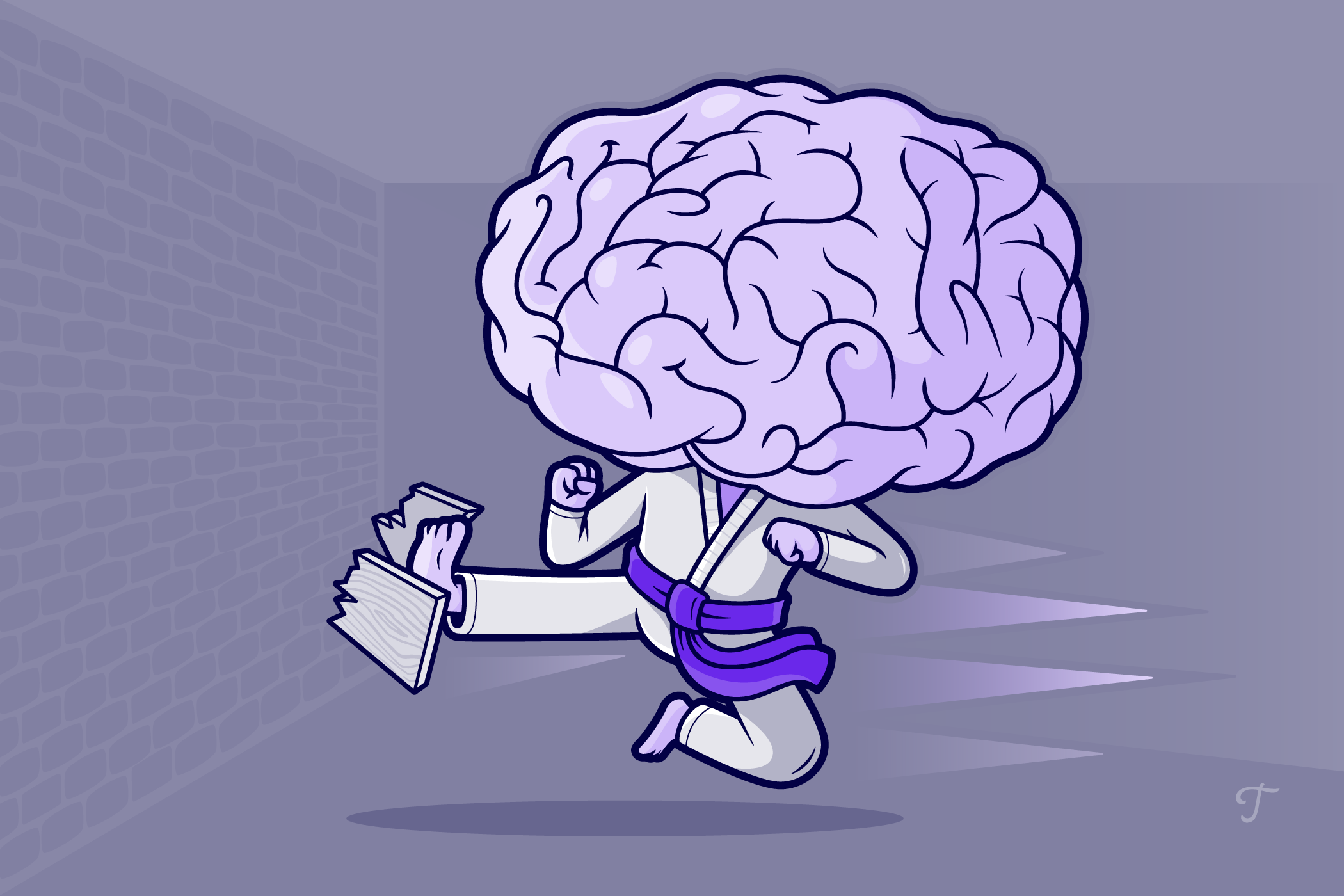Nixing holiday bonuses? Read this first.
December 14, 2022
Inflation numbers came in better than analysts expected. Yes, Virginia, there is a Santa Claus. And it’s Jerome Powell.
Hot off the SMB press this week:
- The state of holiday bonuses in the workplace.
- Training versus education: There’s a difference.
- A special request from Organize Chaos.
But first, here are some headlines that caught our attention this week.
TL;DR
This week's highlight reel
- Robots in disguise. The internet’s most recent trending topic: ChatGPT. This chat-based tool from OpenAI can answer almost any question you’ve got, deriving answers from all corners of the internet. Its potential seems to have no bounds — and since its release in November, there are already over 1M users and counting.
- Time to refill your Vitamin Zzz. Raise your hand if you develop an acute case of the sleepies around 2:30 p.m. Well, there’s a biological reason for it — you need a nap. So, the crew at NASA went to work crunching numbers (of course they did) and determined that the optimal time for a power nap is anywhere between 10-20 minutes. Office Snuggies, anyone?
- Planes, trains, and automobiles. After Southwest canceled their flight, 13 strangers decided to rent a van and drive over 10 hours from Orlando to Knoxville together. And nary an “are we there yet?” was heard.
- Okay, but what’s the cleaning fee? You can spend your vacation frolicking in The Shire (AKA, New Zealand) with your fellow Middle-earthers thanks to AirBnB. In celebration of The Hobbit’s 10th anniversary, you can stay at The Millhouse — a two-bedroom Hobbit-inspired home — for $6 USD a night. Bookings open up on December 14 at 10 a.m. New Zealand time.
**SAD NOISE**
The truth about holiday bonuses in 2022
It’s been a wild and crazy year.
Business can be difficult when you have to deal with supply chain issues, high inflation rates, and the threat of a recession on the horizon. And under those conditions, how can we expect industries to perform to their usual standards, revenue-wise?
Here’s what that means for end-of-year bonuses.
TL; DR: It’s not great news. In fact, 27% of U.S.-based businesses stated they would not be awarding bonuses this year (compared to 23% last year).
Bonuses (or holiday gifts, end-of-year parties, etc.) are a great way to reward employees for their hard work while also encouraging loyalty. But if your business isn’t in the financial position to offer monetary bonuses this year, it may come as a (not fun) surprise to your employees.
.gif)
But you can help ease the blow.
If you’ve awarded employee bonuses in previous years, you’ll want to communicate why it won’t be happening this year. Your people are going to feel disappointed, but you should stress that ending bonuses was a business-related decision.
If you don’t, employees could feel like the decision was based on their performance, which could lead to anxiety about their place on the team.
In fact, you should also take the opportunity to emphasize job security. There are a lot of layoffs happening right now, so reassuring your employees will help ease the loss of that yearly bonus. It’ll be a tough conversation, but you’ll come out a stronger team for having it.
TRAINING DAY
Training vs. education: What’s the difference?

They both sound like the same thing, tbh.
Not quite. But let’s jog it back a bit with a knowledge bomb: Experts say that learning is the key to making employees both happier and more productive. In a recent survey, the opportunity to learn and grow was identified as the second most important factor in workplace happiness. Because learning is so important, businesses across industries are working to give employees more opportunities to do it.
Understanding the basics of learning processes is the best way to fully revamp your learning and development initiatives so that you can incorporate the right tools and strategies for specific goals.
This is usually where businesses mix up the principles of education with those of training.
Okay, so then what’s the difference?
Training is about learning to do something, while education is learning to know something. For new staff, there will be a lot of training, while experienced staff may receive more education for their role. Training sets the foundation, while education can fine-tune and help your staff grow. Both are meant to create competent employees but play very different roles.
How can I use both to benefit my business?
Training and education are both important in any business — here are some tactics for implementing them:
1. Use a knowledge base to help streamline both. Having a solid knowledge base is more important than ever. E-learning is low-stakes and easy to incorporate into your existing training and education programs. Plus, its accessibility is perfect for the practical side of both training and education, allowing employees to take learning into their own hands.
WE HAVE A PODCAST
This week on Organize Chaos: Survey alert!
If you’re a fan of Organize Chaos — whether you’ve heard every episode, just started listening, or fall somewhere in between — then we want to hear from you! Host Chris Ronzio is collecting feedback on how to improve the show for listeners like you. Answer a few questions and you’ll be entered for a chance to win $100 to the Trainual Swag Shop! (We’ll announce the winner on December 23, 2022.)
Need something to listen to as you’re filling out the survey? Check out our most recent episodes:




